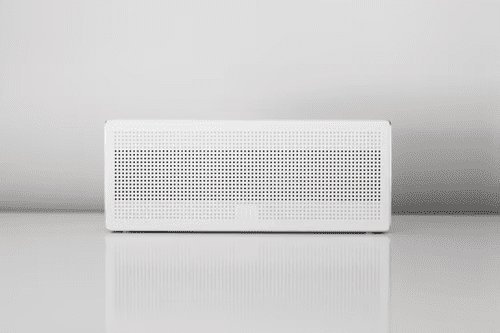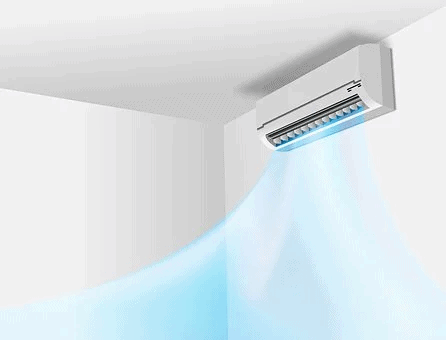Air conditioners allow people to live in hot places and live a comfortable lifestyle in their homes. Once your air filter is damaged and doesn’t function properly, your AC unit will start to be less productive and cause you much inconvenience. Air filters act as your house’s lungs, cleansing the air that circulates throughout your home and protecting you and your family from dust and debris. This is why it is very important to choose the best one and take proper care of it afterward. Here, we will try to help you decide which air filter is best for your AC unit.

Cleans Your Surrounding
Contents
Indoor pollutants such as dust, pet dander, and pollen are trapped by the best air filters, which help to clean the air in your home. It is very important to understand and eliminate common indoor pollutants since this can reduce your risk of developing indoor health issues. After a single or several pollution exposures, some health effects may manifest quickly. Some of the symptoms include irritation of the eyes, nose, and throat, as well as headaches, nausea, and weariness. These kinds of acute effects are usually transient and curable. If the source of the pollution can be identified, the therapy may be as simple as eliminating the person’s exposure. Symptoms of diseases such as asthma may appear, be aggravated, or worsen soon after exposure to some indoor air pollutants.
Important Criteria
Face velocity (or filtration velocity), efficiency, pressure drop, and dust holding capacity are the four most essential performance indicators. Other criteria that are mostly connected to filter media include weight, energy consumption, and regeneration features. As explained by the people behind filterbuy.com, it is critical to select the type of filter media that will be utilized to create air filters. Aside from the influencing element of filter media, one of the most important factors of air filter performance is the filter structure. When the same filter material is used to manufacture panel filters, bag filters, or wedge filters, the pressure drop and dust holding capacity are all different. As a result, finding a reasonably ideal structure for an air filter is a key link.
Size
You will never get the full benefit of your system and filter unless you have the right size home air filter. To find the necessary measures, simply check the label on your present filter or test it yourself. Home air filters are generally 1″ thick, however, there are a variety of standard width and height measurements, and some installations have bigger filters.
Because of the purpose of your air filter, the proper air filter size is critical. While most people believe the filter keeps dust out of the air, the most crucial job is to keep debris away from your interior air conditioning system. For example, dirty coils might hinder the heat exchange mechanism that keeps your interior air cool. The filter is crucial to the proper operation of your equipment.

MERV Ratings
MERV stands for minimum efficiency reporting value, and a higher value indicates more effective particle filtering. This benefits your inside airflow as well as your indoor equipment. MERV ratings range from one to twenty, however, values of thirteen or more are typically not recommended for use in residential HVAC systems. These high-MERV filters can block airflow, lowering indoor air quality and putting your equipment at risk. Even though a higher number increases the filter’s capacity to trap dust and other particles, it also reduces your system’s energy efficiency. To pull air through a finer filter, your furnace and air conditioner must work more, so finding the appropriate balance is critical. A MERV rating of 7 or 8 is sufficient for most households.
Washable Vs. Disposable
For most households, disposable air filters are the most suitable alternative. When it’s time for a replacement, just toss out the old filter and replace it with a new one. Washable air filters are more costly, but they are built to endure a long time. For optimal performance, you should remove and clean these filters once a month.
Cleaning
Keep your filter clean regularly. Filter cleaning needs vary depending on the air conditioner. Every two weeks, certain filters must be cleaned. Cleaning should be done just once every 30 days, according to certain manufacturers. Others simply need to be cleaned once to four times each year. Consult your manufacturer for proper instructions on how to clean your AC filter. Depending on whether you have pets or allergies, or if you use your air conditioner frequently, you should clean your filter more frequently. However, your filter will ultimately wear down, even if you clean it carefully and regularly. Replace your filter if it shows signs of wear, such as rips, holes, or damage.
The air filter in your HVAC system should be replaced regularly as part of your normal AC unit maintenance. Once you’ve decided it’s time to buy a new air filter, it’s important to make an informed selection, and perhaps these guidelines will assist you in choosing the best air filter for your equipment.